Electrical issues in commercial buildings can cause significant disruptions to operations, pose safety risks, and result in costly repairs. Recognising these problems early and addressing them promptly is essential to maintaining a safe and efficient workplace. This article explores some of the most common electrical issues in commercial buildings and how they can be resolved to minimise downtime and prevent long-term damage.
1. Frequent Circuit Breaker Trips
One of the most common electrical issues in commercial buildings is frequent circuit breaker trips. Circuit breakers are designed to protect the electrical system by cutting off power when an overload or fault is detected. However, if the breaker trips repeatedly, it can be a sign of an underlying issue, such as an overloaded circuit or faulty wiring.
Circuit overloads often occur when too many devices or appliances are plugged into a single outlet or circuit. In these cases, the electrical system cannot handle the load, causing the breaker to trip. A professional commercial electrician can help identify overloaded circuits and recommend the installation of additional circuits or the upgrading of existing systems to accommodate the building’s electrical needs.
2. Flickering or Dimming Lights
Flickering or dimming lights are another common electrical issue in commercial buildings. These problems are usually caused by loose connections, faulty light fixtures, or outdated wiring. Flickering lights can be more than just an inconvenience; they may also indicate a potential hazard, such as an electrical fault that could escalate into a fire.
If your business experiences flickering lights, it’s essential to have a qualified commercial electrician inspect the wiring and connections. They can identify any issues, such as loose or damaged wiring, and ensure that your lighting system is functioning properly and safely.
3. Power Surges
Power surges occur when there is a sudden increase in electrical voltage, which can damage sensitive electronic equipment, such as computers, printers, and servers. These surges can be caused by lightning strikes, faulty electrical equipment, or even large appliances like air conditioning units starting up.
To protect your business from power surges, it is advisable to install surge protection devices. A commercial electrician can recommend the right type of surge protection for your building, ensuring that your electrical systems and valuable equipment are shielded from potential damage.
4. Outdated Wiring and Electrical Systems
Older commercial buildings often have outdated wiring and electrical systems that may not meet modern safety standards. This can lead to a range of electrical issues, including power outages, overheating, and even fires. Buildings constructed before the 1980s may still have wiring that is not equipped to handle the electrical demands of modern businesses.
If your building’s wiring is old or has not been updated in many years, it is important to schedule an inspection with a qualified commercial electrician. Upgrading outdated wiring can prevent electrical issues and improve the overall safety and efficiency of your electrical system. In many cases, rewiring your property can help prevent costly repairs and ensure that your electrical system meets current safety regulations.
5. Overloaded Electrical Panels
Electrical panels act as the central hub that distributes electricity to different parts of the building. Overloading an electrical panel can cause it to overheat, trip breakers frequently, or even lead to fires. Signs of an overloaded panel include lights dimming when appliances are used, frequent breaker trips, and strange odours near the panel.
If you notice these symptoms, it’s crucial to contact a commercial electrician immediately. They can assess the load on your electrical panel and, if necessary, upgrade the panel to one with a higher capacity to accommodate your building’s electrical needs. This upgrade will help prevent electrical failures and improve the overall safety of the system.
6. Electrical Shocks or Burning Smells
Electrical shocks or burning smells coming from outlets or electrical equipment are serious signs of an underlying problem, such as damaged wiring, faulty outlets, or overheating components. These issues can present significant safety risks, including the possibility of electrical fires.
If employees or customers experience electrical shocks or if you notice a burning smell near electrical components, it’s essential to shut off the power and contact a professional electrician immediately. Prompt action can prevent further damage and ensure the safety of everyone in the building.
7. Electrical Overheating
Electrical overheating occurs when electrical components such as wiring, outlets, or panels become too hot due to excessive current or poor ventilation. Overheating is often caused by overloaded circuits, damaged wiring, or inadequate ventilation around electrical panels.
If you notice that electrical components feel hot to the touch or if there is a burning smell, it is important to call a commercial electrician to inspect the system. Overheating should not be ignored, as it can lead to fires or permanent damage to electrical components. A professional can address the issue by redistributing the load, replacing faulty components, or improving ventilation.
Conclusion
Electrical issues are a common challenge for commercial buildings, and they can lead to serious disruptions and safety risks if not addressed promptly. Frequent circuit breaker trips, flickering lights, power surges, outdated wiring, overloaded panels, electrical shocks, and overheating are some of the most common problems that businesses face.electrical system issues for businesses
To ensure the safety and reliability of your electrical systems, it’s essential to schedule regular inspections and maintenance with a qualified commercial electrician. By addressing these issues early, businesses can prevent expensive repairs, reduce the risk of downtime, and ensure the safety of employees and customers. Investing in a professional electrician will help you keep your commercial building running smoothly and safely for years to come.


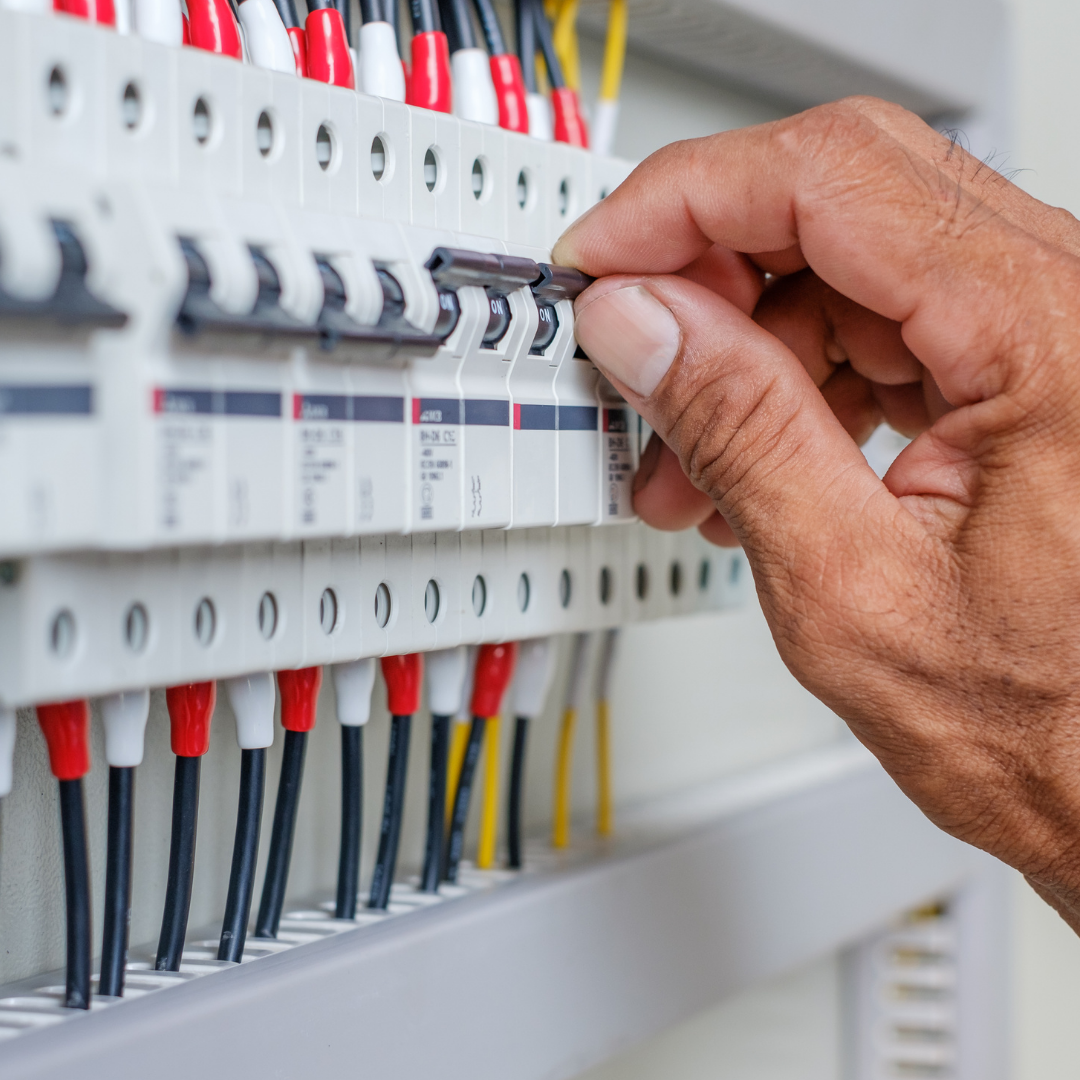
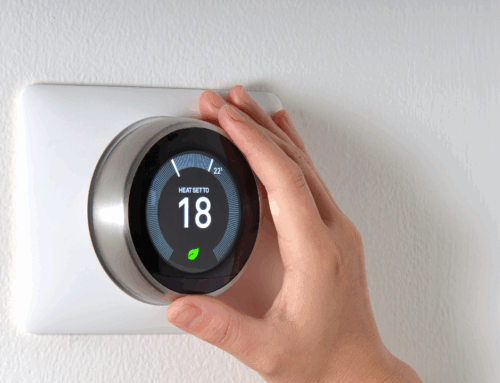
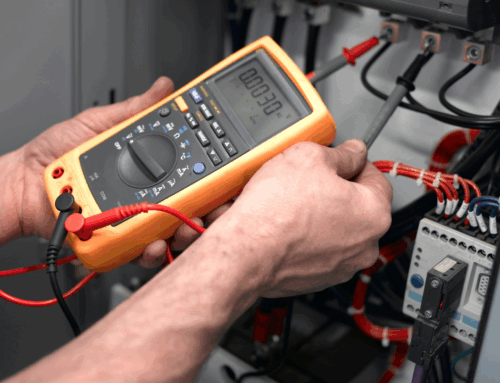
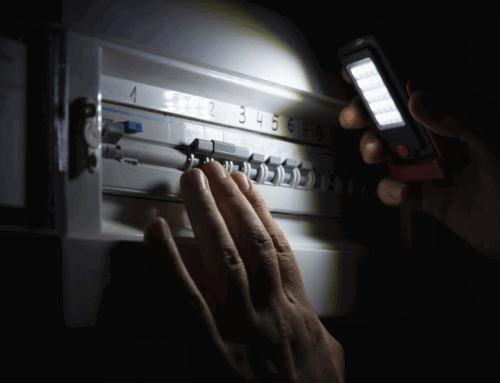
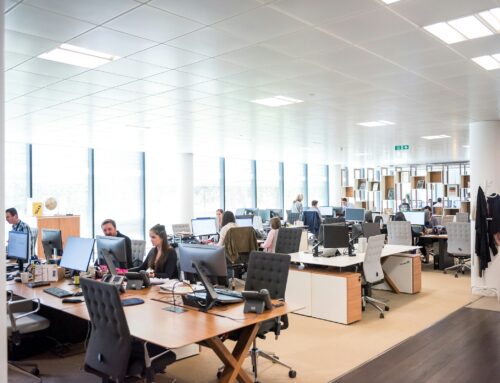
Leave A Comment